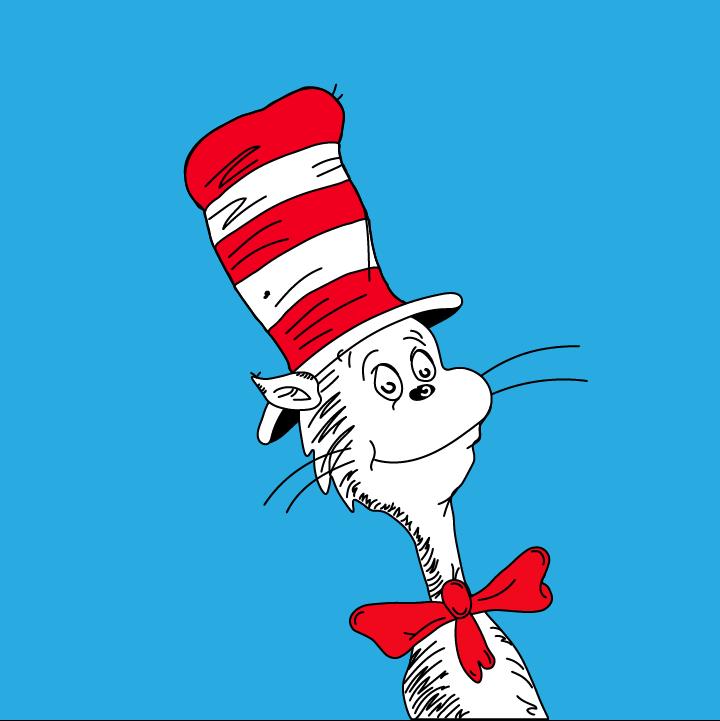By: Carly Cohen
The American children’s author, political cartoonist, illustrator, poet, animator, and filmmaker, the brilliant Theodor Seuss Geisel. Dr. Seuss has been extremely well known ever since he started his books and films. The books and films are classics and bring joy and childhood memories.
Dr. Seuss was born on March 2, 1904, and released his first book in 1937 called And To Think That I Saw It on Mulberry Street. In total, he has written over 60 books and sold over 600 million copies throughout his career. In his early career, he attended Lincoln College at the University of Oxford for English literature, but left without receiving a degree and came back to the U.S. After moving back to the United States, Dr. Seuss began to send his work to different advertising agencies, magazines and publishers. In 1927, his first cartoon was published in The Saturday Evening Post. His career was long, successful, and brilliant.
In the latest news, Dr. Seuss will stop being published due to “hurtful and wrong racist images.” In his books and cartoons, there has been ‘insensitive’ imagery that is causing this news. Dr. Seuss’s enterprise assured consumers that the books which are no longer being published are a part of the plan to “ensure Dr. Seuss Enterprise’s catalog represents and supports all communities and families.” The decision of this issue most definitely was not easy for the Dr. Seuss organization. Since this is such a serious and sensitive issue, it required for the organization to think it through, bring in experts, and spend long hours deciding on what is best way to maintain Dr. Seuss’ name and be sensitive to all of his readers.
Not all of his books will stop being published, but they still will all be carefully inspected. The confirmed books that will no longer be available for purchase are McElligot’s Pool, On Beyond Zebra!, Scrambled Eggs Super!, The Cat’s Quizzer, And to Think That I Saw It on Mulberry Street, and If I Ran the Zoo. The Cat In The Hat has also been under discussion concerning discontinuation, but will be fully examined before any decisions are made.
In The Cats Quizzer, the Japanese character has a bright yellow face and is standing on Mt. Fuji. If I Ran A Zoo shows examples of orientalism and white supremacy. Another issue with the Dr. Seuss books has been that a majority of the human characters are white, which makes it appear that Dr. Seuss focuses on white men and women.
A school in Virginia has already banned the copies of these Dr. Seuss books, and others are having similar discussions.
Even in death, Dr. Seuss receives backlash from his work along with many other brands such as Aunt Jemima pancake mix and Uncle Ben’s Eskimo Pies, which also had to change their branding due to racial issues. Brands from this point on need to pay close attention to their advertising to ensure that they’re being inclusive of all audiences.






